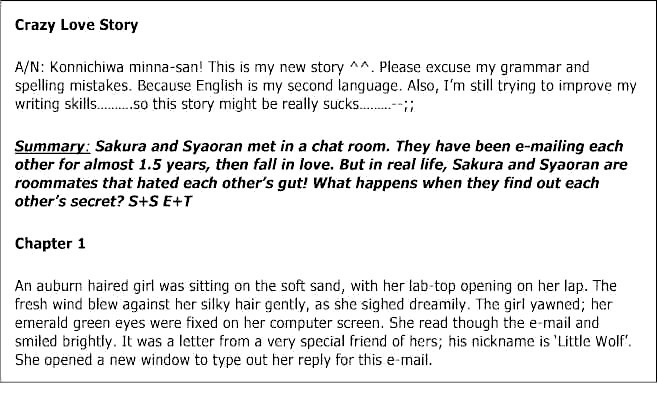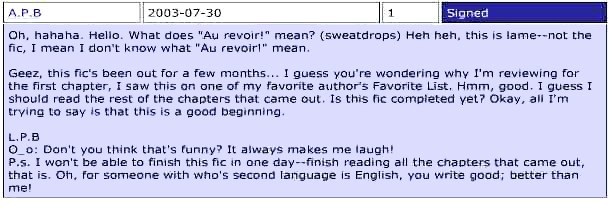In a sense no media designer today creates just a television show, video game, book or other media product. Rather, they all create media worlds, each capable of being extended in countless ways. Often, this inspires readers to seek out and explore novel ways of participating in and actually expanding these worlds. Yet, to participate in a way that meaningfully extends the creative dimensions of any media world requires strong creative talents and abilities. Additionally, as more social dimensions are added to a media world, it further motivates media participants to develop highly specialized skill sets that they can share with peers. As a result, transmedia worlds are becoming virtual learning nexuses. For example, consider the pedagogical potency of the Harry Potter world in the case of Heather Lawver:
When she was 13, Heather Lawver read a book that changed her life: Harry Potter and the Sorcerer's Stone. Inspired by reports that J. K. Rowling's novel was getting kids to read, she wanted to do her part to promote literacy. Less than a year later, she launched The Daily Prophet, a Web-based "school newspaper" for the fictional Hogwarts. Today, the publication has a staff of 102 children from all over the world.
Lawver, still in her teens, is its managing editor. She hires columnists who cover their own beats on a weekly basis-everything from the latest Quiddich matches to Muggle cuisine-and edits each story. She encourages her staff to closely compare their original submissions with the edited versions and consults with them on issues of style and grammar as needed.
Continue with full article [External link]
As Heather describes it
“The Daily Prophet is an organization dedicated to bringing the world of literature to life... By creating an online ‘newspaper’ with articles that lead the readers to believe this fanciful world of Harry Potter to be real, this opens the mind to exploring books, diving into the characters, and analyzing great literature. By developing the mental ability to analyze the written word at a young age, children will find a love for reading unlike any other. By creating this faux world we are learning, creating, and enjoying ourselves in a friendly utopian society." (Jenkins)
Given the international nature of the internet, it is perhaps not surprising then to see how the learning communities that form around popular media are also emerging to teach skills related to foreign languages and culture. Examining the interactions between members of fanfiction.net, a popular online community of amateur fanfiction authors, Rebecca Black outlines the peer learning that takes place between Japanese natives and English-speaking natives around the fantasy world of the Japanese Anime series Cardcaptor Sakura. By using a Japanese cultural artifact, yet working in a space where all stories are written in English, all participants are guaranteed to have both a strong expertise they can contribute to others (either knowledge of Japanese culture or English writing skills) and an area they need help in that they can receive support from others. The result is "a supportive community in which many [English Language Learners] and students who claim English as their 'worst subject' voluntarily spend hours engaging in [what are essentially] school-related practices."


![]() See full article [External link]
See full article [External link]